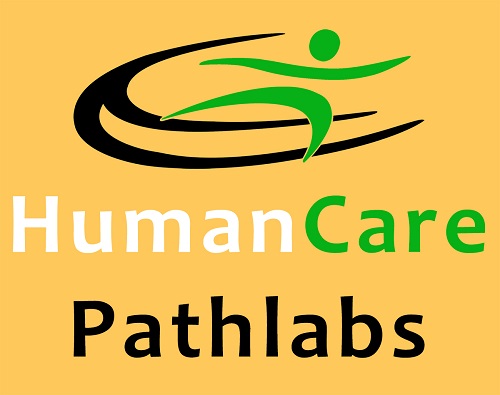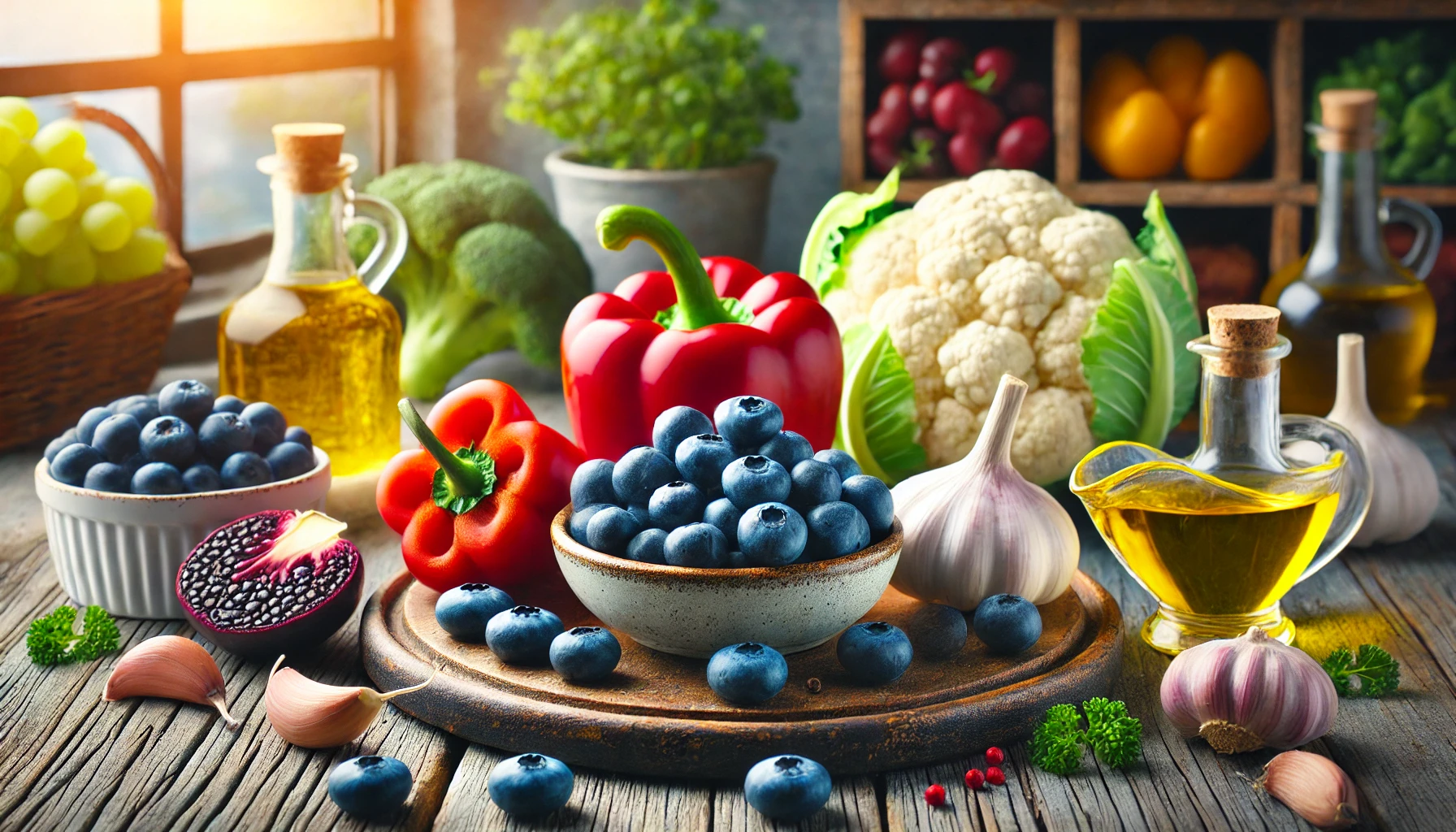| Food | Benefits |
|---|---|
| Berries | Rich in antioxidants, reduce inflammation, low in potassium, aid in digestive health |
| Red Bell Peppers | High in vitamins A, C, and B6, low in potassium, contain lycopene, support detoxification |
| Cauliflower | High in fiber, vitamins C, K, and B, supports detoxification, reduces inflammation |
| Garlic | Anti-inflammatory, antioxidant properties, reduces cholesterol, improves kidney function |
| Apples | Rich in fiber, antioxidants, lowers cholesterol, prevents constipation, reduces inflammation |
Maintaining kidney health is crucial, as these vital organs are responsible for filtering waste and excess fluids from the blood, producing urine, and balancing electrolytes. A balanced diet with kidney-friendly foods can help prevent damage and support overall kidney function. Here are five foods known for their beneficial effects on the kidneys:
1. Berries
Berries, such as strawberries, blueberries, and raspberries, are rich in antioxidants, which help reduce inflammation and oxidative stress on the kidneys. These fruits are also low in potassium, making them ideal for people with chronic kidney disease (CKD). The high fiber content in berries aids in maintaining a healthy digestive system, further reducing the strain on the kidneys.
Antioxidant Powerhouses: Berries contain compounds like anthocyanins, flavonoids, and resveratrol, which help protect the kidneys from damage caused by free radicals. Consuming a variety of berries can provide a wide range of antioxidants, enhancing their protective effects.
Versatility: Incorporating berries into your diet is easy. They can be added to smoothies, yogurt, oatmeal, or salads, or enjoyed as a healthy snack on their own.
2. Red Bell Peppers
Red Bell Peppers are not only vibrant and delicious but also packed with essential nutrients that support kidney health. They are an excellent source of vitamins A, C, and B6, as well as folic acid and fiber. These vitamins and minerals help improve overall kidney function and prevent damage.
Low Potassium Content: Red bell peppers are low in potassium, making them a safe choice for individuals with CKD who need to monitor their potassium intake.
Lycopene Benefits: Lycopene, a powerful antioxidant found in red bell peppers, has been shown to reduce the risk of chronic diseases, including kidney disease. It helps protect cells from damage and supports the body’s natural detoxification processes.
Culinary Uses: Red bell peppers can be enjoyed raw, roasted, or cooked in various dishes. They add a burst of color and flavor to salads, stir-fries, soups, and more.
3. Cauliflower
Cauliflower is a versatile vegetable that provides numerous health benefits, especially for the kidneys. It is high in fiber and packed with vitamins C, K, and B, which help support overall health and reduce the burden on the kidneys.
Detoxification Support: Cauliflower contains compounds called glucosinolates, which aid in detoxifying the body and protecting the kidneys from harmful substances. These compounds help break down toxins and support the liver’s natural detoxification processes.
Anti-Inflammatory Properties: The anti-inflammatory properties of cauliflower can help reduce inflammation in the kidneys, promoting better kidney function and preventing damage.
Cooking Ideas: Cauliflower can be used as a substitute for higher-potassium vegetables like potatoes. It can be mashed, roasted, steamed, or even turned into cauliflower rice for a low-carb, kidney-friendly alternative.
4. Garlic
Garlic is well-known for its numerous health benefits, including its positive effects on kidney function. It contains potent anti-inflammatory and antioxidant properties that help protect the kidneys from damage and improve overall health.
Cholesterol Reduction: Garlic helps lower cholesterol levels, reducing the risk of cardiovascular diseases that can impact kidney health. By improving heart health, garlic indirectly supports kidney function.
Improving Kidney Function: Regular consumption of garlic has been linked to better kidney function and reduced risk of kidney disease. Its anti-inflammatory properties help reduce inflammation and oxidative stress on the kidneys.
Flavor Enhancer: Garlic can be used to add flavor to a wide range of dishes, from soups and stews to roasted vegetables and marinades. Its versatility makes it easy to incorporate into your daily diet.
5. Apples
Apples are a convenient and nutritious fruit that can contribute to better kidney health. They are rich in fiber and antioxidants, which help lower cholesterol, prevent constipation, and reduce inflammation.
Pectin Benefits: Apples contain pectin, a type of soluble fiber that helps regulate blood sugar levels and reduce cholesterol. This, in turn, helps prevent kidney damage and supports overall kidney health.
Anti-Inflammatory Effects: The antioxidants in apples, such as quercetin and flavonoids, help reduce inflammation and oxidative stress on the kidneys. These compounds protect kidney cells from damage and support healthy kidney function.
Easy Snack Option: Apples are a convenient and portable snack that can be enjoyed on their own or paired with other kidney-friendly foods like nut butter or cheese.
Additional Tips for Kidney Health
While incorporating these kidney-friendly foods into your diet is beneficial, it is also essential to maintain an overall healthy lifestyle to support kidney function. Here are a few additional tips:
- Stay Hydrated: Drinking enough water helps the kidneys filter waste and maintain electrolyte balance. Aim for at least 8 glasses of water per day.
- Limit Sodium Intake: High sodium levels can increase blood pressure and strain the kidneys. Opt for fresh, whole foods and avoid processed and packaged foods that are high in salt.
- Monitor Protein Intake: While protein is essential for overall health, excessive protein intake can strain the kidneys. Choose high-quality protein sources and consult a healthcare professional for personalized recommendations.
- Maintain a Healthy Weight: Obesity can increase the risk of kidney disease. Regular exercise and a balanced diet can help you maintain a healthy weight and support kidney health.
- Avoid Smoking and Limit Alcohol: Smoking and excessive alcohol consumption can damage the kidneys and increase the risk of kidney disease. Quitting smoking and limiting alcohol intake can improve kidney function.
By incorporating these kidney-friendly foods into your diet and adopting a healthy lifestyle, you can help protect your kidneys and prevent damage over time. Remember to consult with a healthcare professional before making any significant changes to your diet, especially if you have existing health conditions.
Based on the above blog post about foods that prevent kidney damage, here are some general and special health packages (blood tests) that could be beneficial for readers interested in maintaining kidney health:
General Health Packages
- Complete Kidney Health Checkup
- Includes: Kidney Profile, Serum Creatinine, Uric Acid, Electrolytes, Albumin, and Microalbumin tests.
- Purpose: Comprehensive assessment of kidney function and early detection of potential issues.
- Basic Kidney Function Test Package
- Includes: KFT (Kidney Function Test), CBC (Complete Blood Count), Urine Routine, and eGFR (Estimated Glomerular Filtration Rate).
- Purpose: Evaluate kidney health and detect any abnormalities.
- Liver and Kidney Function Test Package
- Includes: LFT (Liver Function Test) and KFT with electrolytes.
- Purpose: Assess overall liver and kidney function to identify any disorders.
Special Health Packages
- Kidney Detox Package
- Includes: Tests for creatinine, urea, electrolytes, and a consultation with a nephrologist.
- Purpose: Focus on detoxification and optimizing kidney health through dietary recommendations.
- Chronic Kidney Disease Monitoring Package
- Includes: Regular monitoring tests such as HbA1c, lipid profile, and renal ultrasound.
- Purpose: For individuals diagnosed with CKD to track progression and manage their condition effectively.
- Comprehensive Metabolic Panel with Kidney Focus
- Includes: Comprehensive metabolic panel including glucose levels, calcium, sodium, potassium, and kidney function tests.
- Purpose: Provides insights into metabolic health while specifically monitoring kidney function.
- Kidney Health Screening for Diabetics
- Includes: Microalbuminuria test, HbA1c, serum creatinine, and lipid profile.
- Purpose: Tailored for diabetic patients to monitor kidney health closely.
Lifestyle Recommendations
In addition to these packages, readers should consider regular check-ups that include:
- Monitoring blood pressure and cholesterol levels.
- Staying hydrated.
- Maintaining a balanced diet rich in kidney-friendly foods like berries, red bell peppers, cauliflower, garlic, and apples.





Pingback: The Importance of Regular Health Check-Ups: What Tests Should You Prioritize? – Pathology Laboratory in Delhi (पैथोलॉजी लैबोरेटरी, दिल्ली)
Pingback: The Benefits of Shilajit Gummies: A Natural Energy Boost – Pathology Laboratory in Delhi (पैथोलॉजी लैबोरेटरी, दिल्ली)